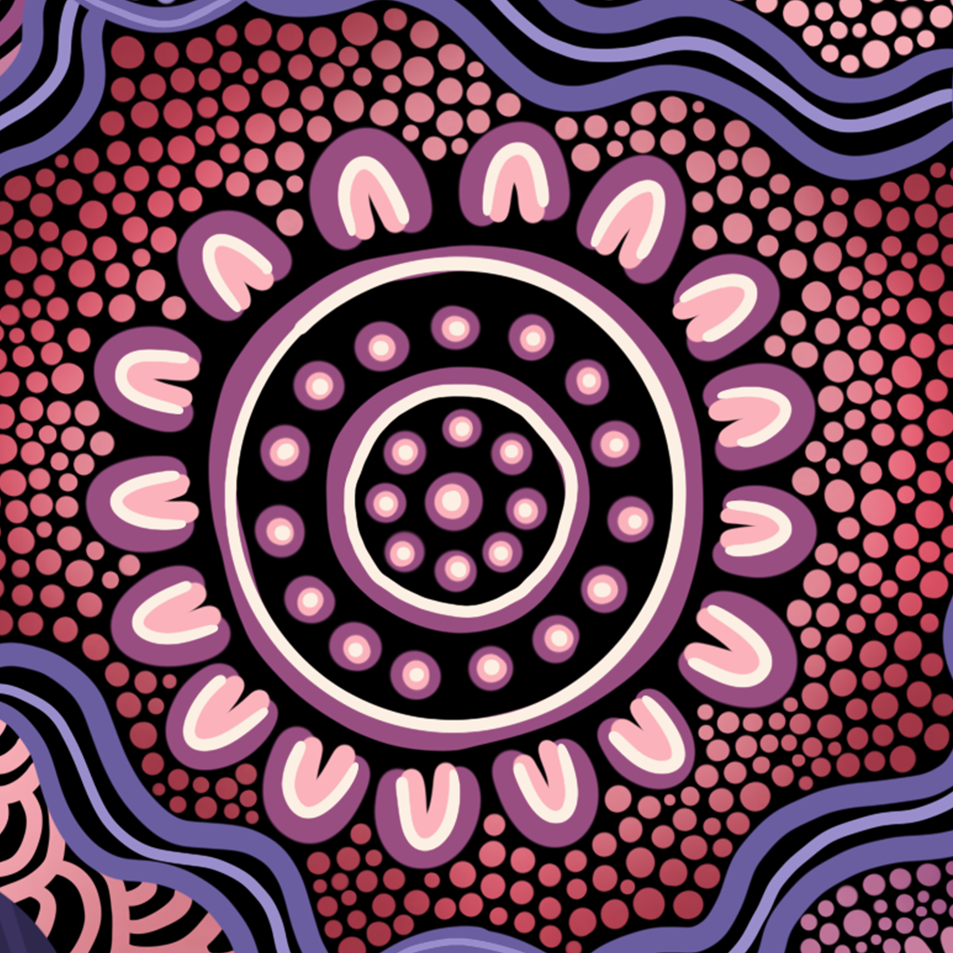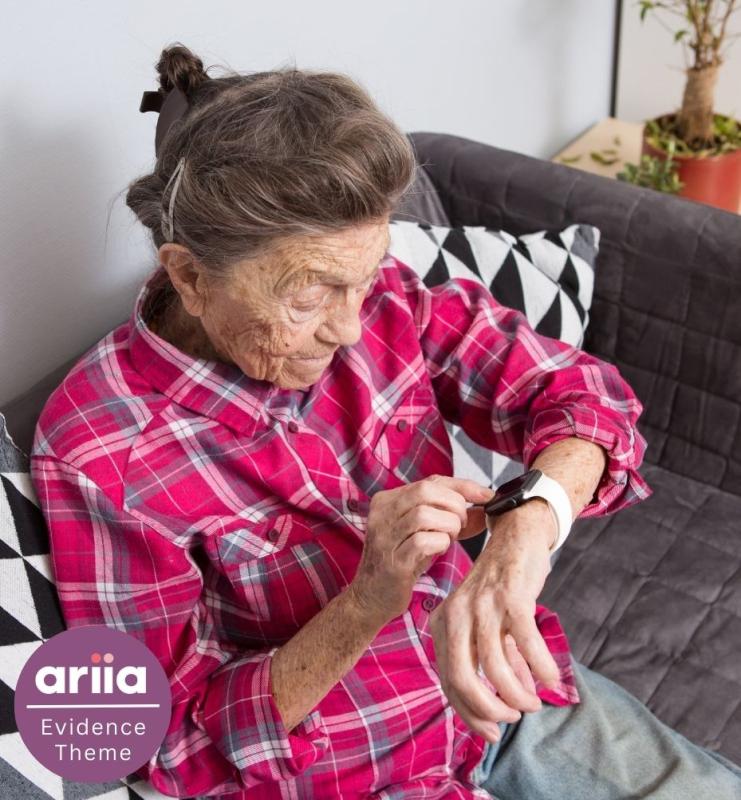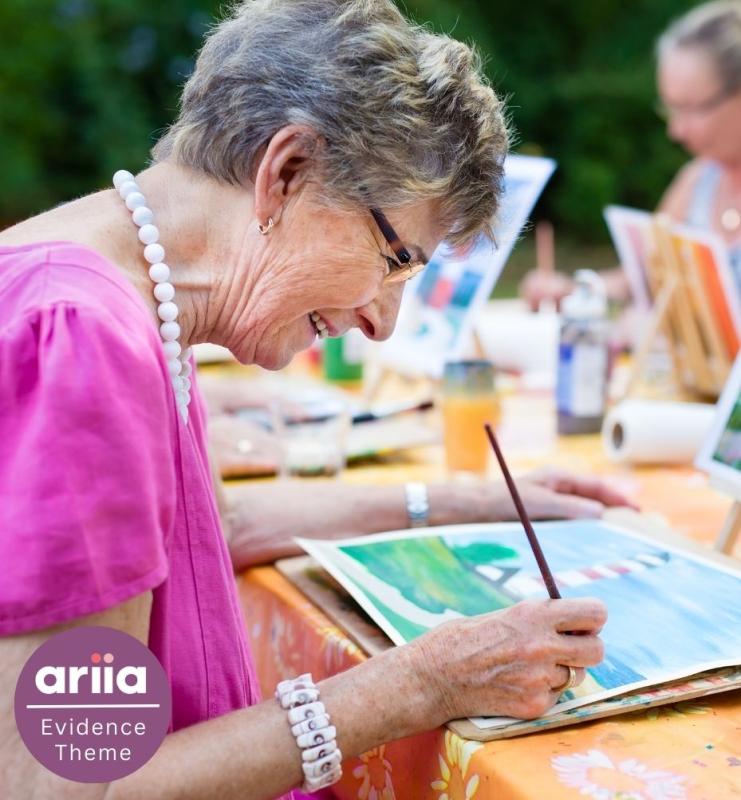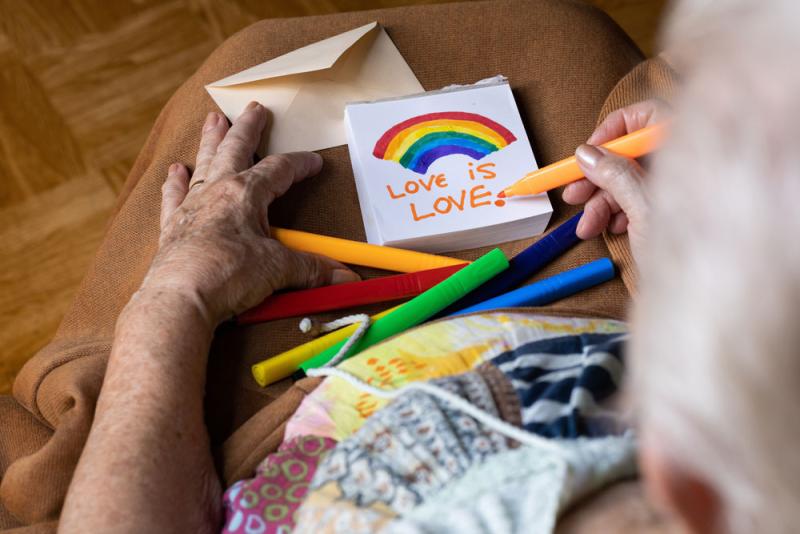Welcome to ARIIA First Nations Hub
Aboriginal and Torres Strait Islander people should be aware that this website contains images, voices and names of deceased persons.


Assistive technologies for people with dementia range can bring benefits such as allowing people with dementia to maintain their involvement in activities while keeping safe. This resource from ARIIA is a short easy-to-read summary of the research evidence.

Arts-based interventions use creative methods of expression to help people with dementia communicate and connect socially with others and reduce feelings of isolation and depression. This resource from ARIIA is a short easy-to-read summary of the research evidence.

Aromatherapy is a popular therapy that is thought to reduce pain and anxiety. Although it does not appear to cause any harm, the evidence remains inconclusive on its ability to reduce responsive behaviours in people living with dementia. This resource from ARIIA is a short easy-to-read summary of the research evidence.

Karly Bartrim, aged care dietitian and researcher, explains the vital role of dietitians in supporting the health and wellbeing of older Australians and why this country’s aged care dietitian workforce needs to increase substantially in size and capacity.

Dr Priyanka Vandersman, Research Fellow, End of Life Directions for Aged Care (ELDAC), describes the ELDAC digital dashboard for tracking end-of-life care processes and indicators in aged care and explains why innovations of this kind are vital for transforming the sector.

The person-centred process of advance care planning allows a person living with dementia to express their preferences and goals for future healthcare to their families and care providers. This resource from ARIIA is a short easy-to-read summary of the research evidence.

Anthropologist and passionate musician, Dr Simone Marino, described the Co-musichiamo project in aged care, which explores the co-creation of songs and the relevance of music, migration life-storytelling, and first language to support the cultural identity and wellbeing of people from culturally and linguistically diverse backgrounds living with dementia.

Researchers at National Ageing Research Institute compare the pre- and post-pandemic ‘rollercoaster’ media coverage of loneliness experienced by older people living in residential aged care and the social support available to them. They find an increased media focus on these issues during the pandemic that needs to translate into ongoing initiatives for improving the mental health and wellbeing of aged care residents.

Kristina Walsh, Flinders University, describes the Compassionate Communities initiative that is promoting a whole of community approach to the end of life where dying, death and grief are a social and collective responsibility.

Despite recent Australian Government-commissioned strategies for fostering inclusion and equity of care, Dr Trish Cain and colleagues from Edith Cowan University explain why many Australian LGBTI older people continue to have negative expectations of aged care service quality.